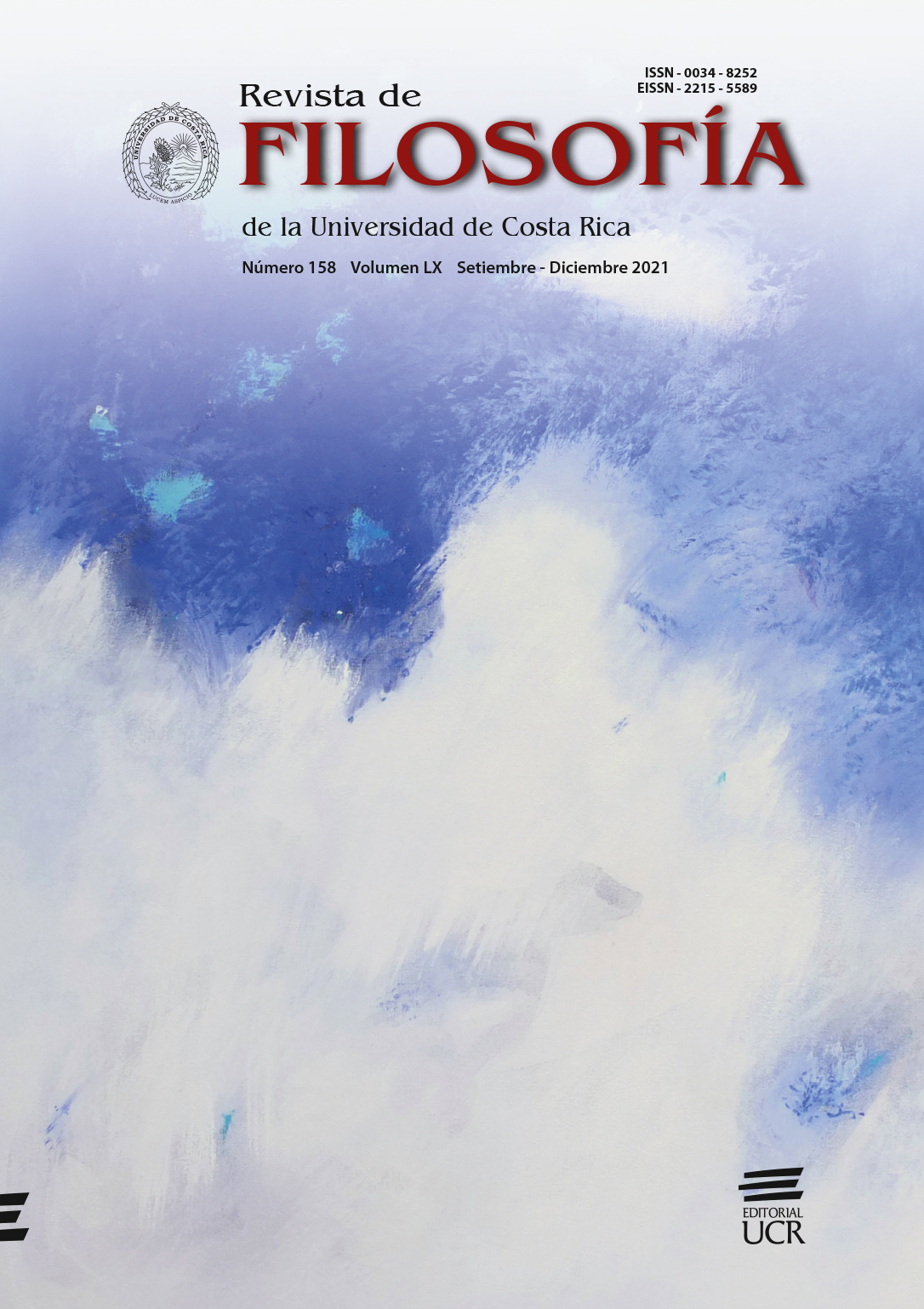Abstract
The article analyzes the historical evolution of the construction of knowledge, taking into account contributions of the different cultural matrices that converge on the soil of humanity. In this second part, the contributions to knowledge from the perspectives of the West and the Islamic Arab world are analyzed with its different trends and epistemological and methodological approaches. It stresses the need to be articulated through an interepistemological dialogue, with the common purpose of putting them at the service of the collective well-being of the people and jointly face the existing challenges in the course of humanity, as a result of the impacts generated by scientific concepts that put at risk the planet, nature and life itself, which implies safeguarding ancestral knowledge and its knowledge systems, rooted in conceptions in harmony with nature and society.
##plugins.facebook.comentarios##

This work is licensed under a Creative Commons Attribution-NonCommercial-NoDerivatives 3.0 Unported License.
Copyright (c) 2021 Rubén Darío Hernández Cassiani

